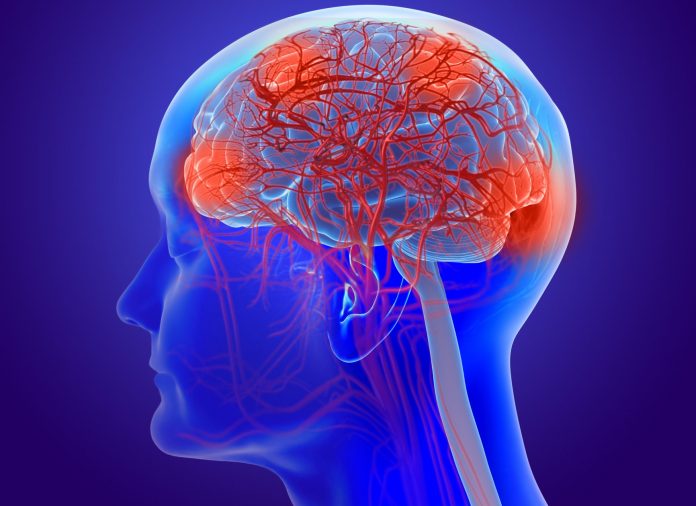
Combining real-world data (RWD) and stem cell analysis, researchers at Cleveland Clinic have provided new evidence that sildenafil (Pfizer’s Viagra) could prevent and possibly treat Alzheimer’s disease (AD). Sildenafil usage was linked to as much as 54% lower incidence of AD through RWD analysis. Also, sildenafil reduced tau hyperphosphorylation in both familial and sporadic AD patient iPSC-derived neurons.
Feixiong Cheng, PhD, led the research, which appears in the March issue of the Journal of Alzheimer’s Disease.
An estimated 6.9 million Americans age 65 and older alone are living with Alzheimer’s. The global market is estimated to be worth over $4B already, but there is only one drug on the market that addresses the disease’s underlying biology, Lecanemab. It is expensive and the full benefits are not yet clear.
Sildenafil is a phosphodiesterase-5 inhibitor (PDE5-I) normally used to treat erectile dysfunction or high blood pressure, but there is also evidence that the drug could be beneficial when it comes to preventing and possibly treating Alzheimer’s. For the last three years, Cleveland Clinic researchers have been studying the possibility of repurposing the drug for Alzheimer’s disease. Now, they have new data to show that it could be effective.
This team performed real-world patient data analysis using the MarketScan Medicare Supplemental and the Clinformatics databases. They compared patients who used sildenafil with similar patients, cohorts, who used other drugs. Sildenafil use was associated with reduced likelihood of AD across four drug cohorts, including bumetanide, furosemide, spironolactone, and nifedipine.
Sildenafil’s effect on AD was notable. For example, sildenafil usage was associated with a 54% reduced incidence of AD in that cohort compared to patients who took spironolactone.
The team also used both familial and sporadic AD patient induced pluripotent stem cells (iPSC) derived neurons to evaluate the sildenafil’s mechanism-of-action.
Based on what they found, sildenafil lowered levels of certain proteins in the brain, which are linked to Alzheimer’s. It also boosted cell growth, brain function, and reduced inflammation.They found that sildenafil reduced tau hyperphosphorylation (pTau181 and pTau205) in a dose-dependent manner in both familial and sporadic AD patient iPSC-derived neurons. RNA-sequencing data analysis of sildenafil-treated AD patient iPSC-derived neurons revealed that sildenafil specifically targets AD related genes and pathobiological pathways.
Cheng said repurposing a drug that’s already on the market is much more affordable than creating a new one. Plus, it could be made available to the public a lot sooner.
“I think the next step is we’ll work together with our colleagues and physicians here to try and conduct a randomized clinical trial and really prove this drug may have both prevention and even intervention effects in our Cleveland Clinic patients as well,” said Cheng.
The authors write, “These real-world patient data validation and mechanistic observations from patient iPSC-derived neurons further suggested that sildenafil is a potential repurposable drug for AD. Yet, randomized clinical trials are warranted to validate the causal treatment effects of sildenafil in AD.”
Cheng added that it’s important to emphasize that while early research has been hopeful, people should not use this drug for Alzheimer’s prevention purposes.












